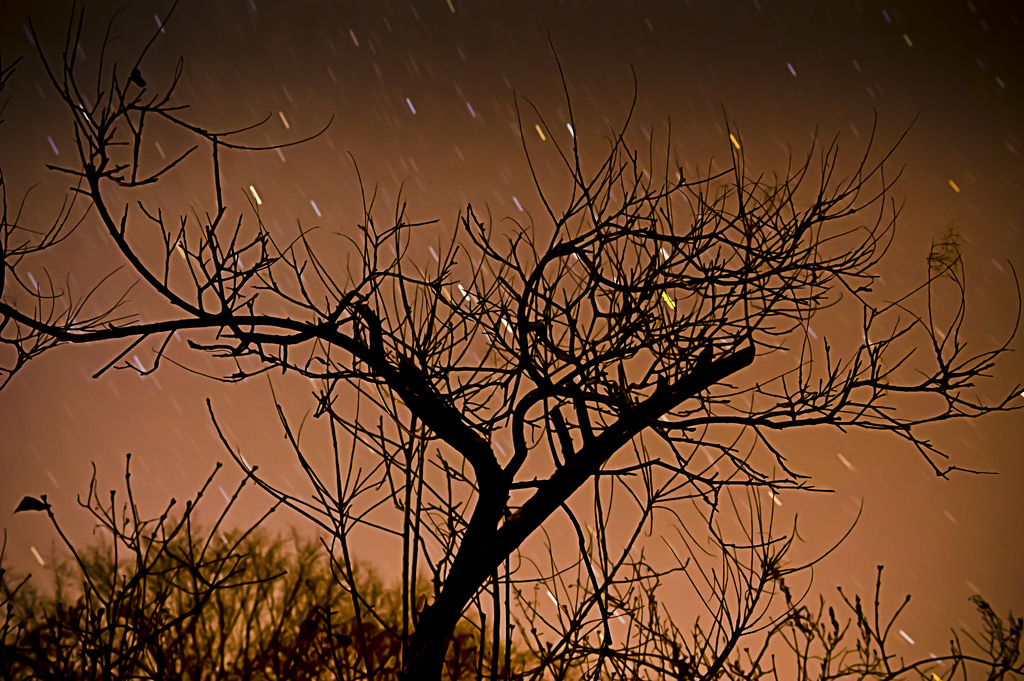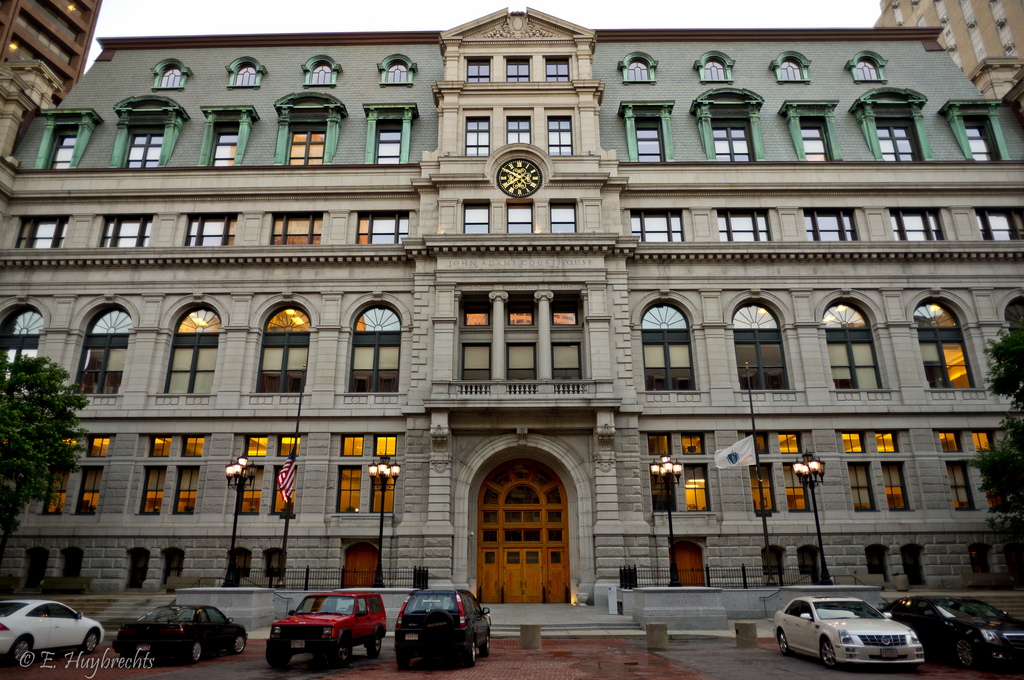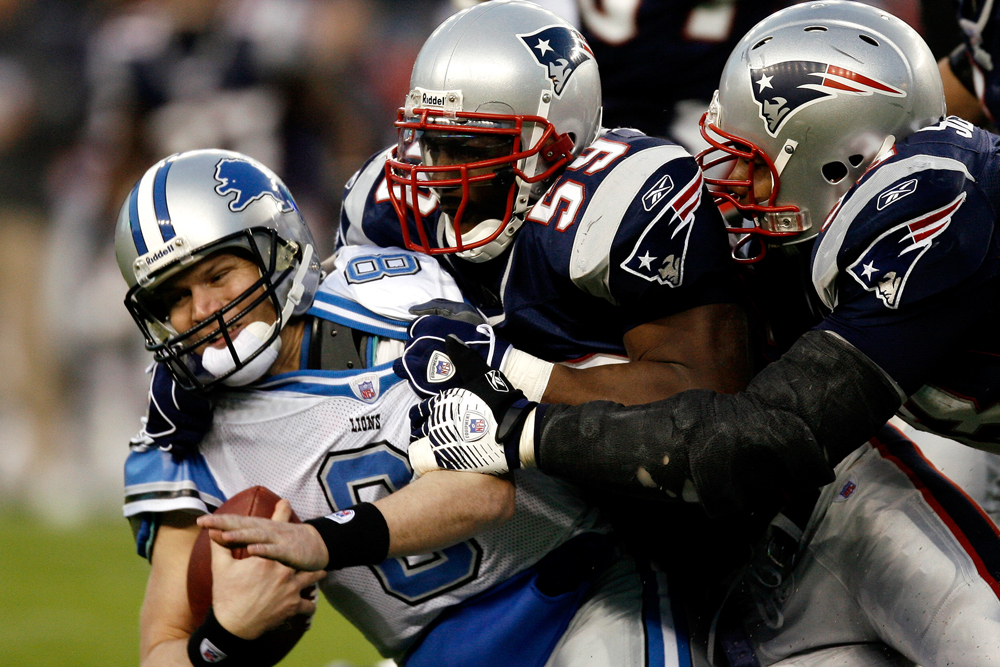Published November 30, 2010
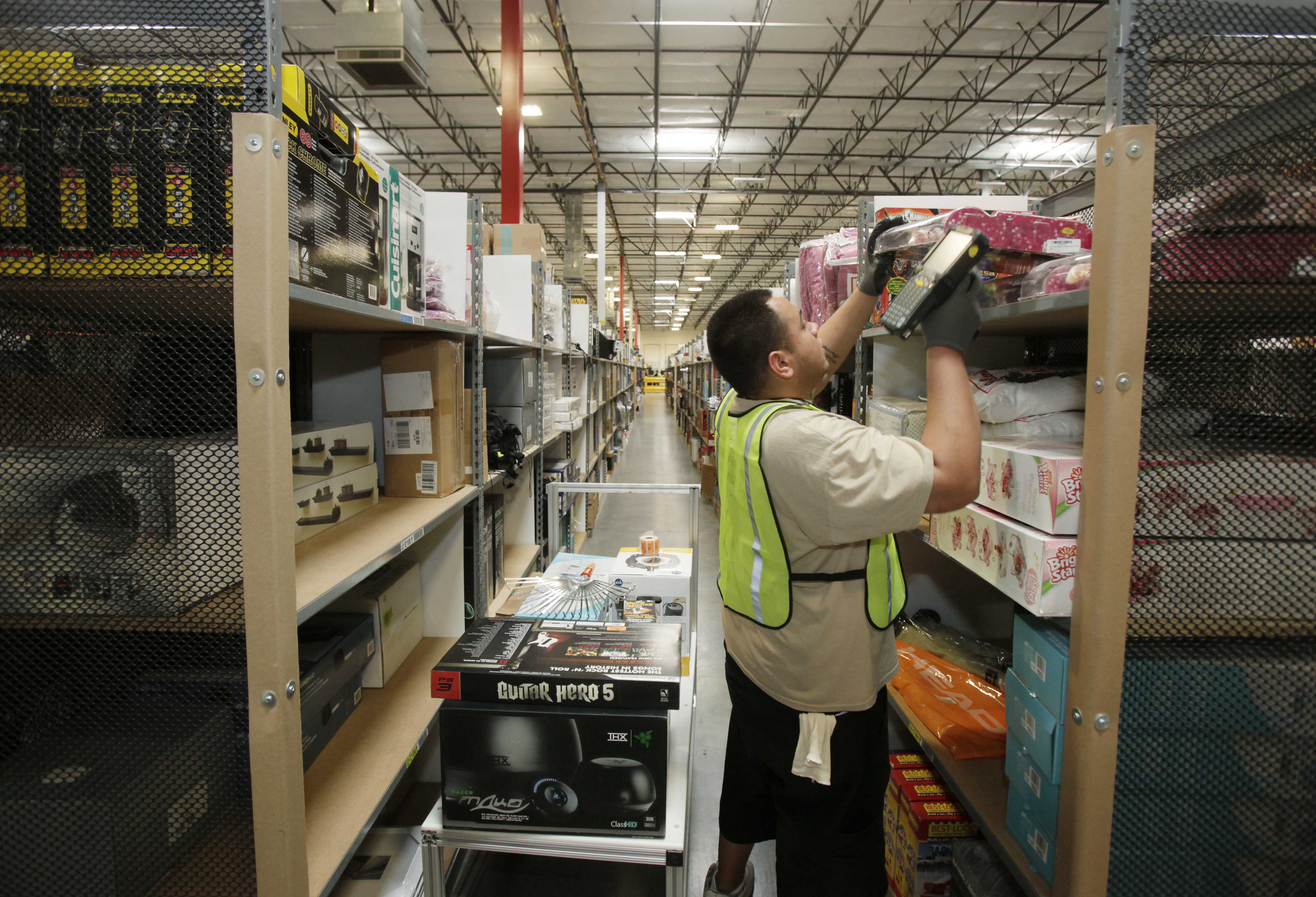
In this November 2009 file photo, Marcus Marintez pulls items for shipment inside the 800,000 sq. ft. Amazon.com warehouse in Goodyear, Ariz. (Ross D. Franklin/AP)
By all accounts, this is good news for the Massachusetts economy:
Shopping centers across the region saw a jump in sales over the holiday weekend and they expect a robust rest of the season — as long as retailers keep rolling out the deals.
The Globe says five malls “reported a year-over-year increase in sales over the three-day weekend.” Jon Hurst, president of the Retailers Association of Massachusetts, estimated a 2 percent increase in sales over the Black Friday weekend.
Even so, Massachusetts retailers lost out on millions of dollars of sales — but it’s difficult to know exactly how much. Why?
“It’s a combination of things. It’s Internet sales. People still buy out of catalogs. … And it’s sales lost to New Hampshire,” says Bob Bliss, a spokesman for the Mass. Department of Revenue.
Those three things have a competitive advantage in common — they don’t charge sales tax.
I suspect mail-order sales are no longer a big threat to Massachusetts retailers; the New Hampshire problem is an old one, but the fact that you have to put on pants and drive there is a deterrent to would-be tax evaders. An Internet retailer such as Amazon.com is hard to beat, though.
I can go to my local Best Buy and purchase a 32″ Samsung LCD TV, on special, for $539.99 + $33.75 tax. Or I can buy the same television at Amazon.com for $537 + 0 tax (and free shipping).
Amazon.com does not have to collect Massachusetts sales tax because it does not have a physical presence in Massachusetts. Slate’s Farhad Manjoo wrote a terrific explainer on how Amazon.com (legally) gets away with this. (I asked Amazon.com for Massachusetts sales figures, but they don’t provide them, so I can’t even make an estimate of lost revenue.)
Now, you’re supposed to report your Internet purchases every year on your tax returns — it’s called a use tax — but who does that?
“The last number I saw was probably 3 or 4 million in (use) taxes that were paid,” Bilss said. Wow, I said, that sounds surprisingly high. “It’s quite minimal,” he said — seeing as total sales tax revenue in Mass. is something like $4.5 billion.
This drives state lawmakers and local businesseses and Jon Hurst crazy.
[pullquote author=”Jon Hurst, Retailers Association of Massaschusetts”]”Amazon.com has a 6-and-a-quarter percent head-start over our own employers.”[/pullquote]
“Government shouldn’t pick winners and losers in the marketplace,” Hurst says. “Amazon.com has a 6-and-a-quarter percent head-start over our own employers.”
Earlier this year, outgoing U.S. Rep. Bill Delahunt, a Democrat who represents Massachusetts’ 10th District, introduced the “Main Street Fairness Act,” which would simplify tax collection for states that choose to participate. It would authorize an interstate compact that forces online retailers to collect taxes.
Such a compact already exists, actually, but it is nothing without Congressional approval. In 2009, Gov. Deval Patrick pushed the Legislature to join the compact and pressure Congress. A 2009 analysis by the University of Teneesee at Knoxville estimated that could generate $545 million for Mass.
The debate over a so-called Internet sales tax has gone on for years. Until it’s settled, enjoy the tax-free holiday every day.
____
Full disclosure: WBUR participates in the Amazon Affiliates program.
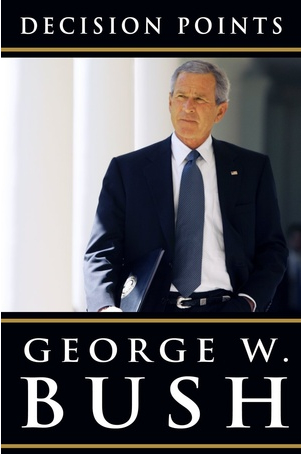 Here’s how Massachusetts shoppers spent their (tax-free) dollars on Amazon.com Nov 26-29:
Here’s how Massachusetts shoppers spent their (tax-free) dollars on Amazon.com Nov 26-29:
